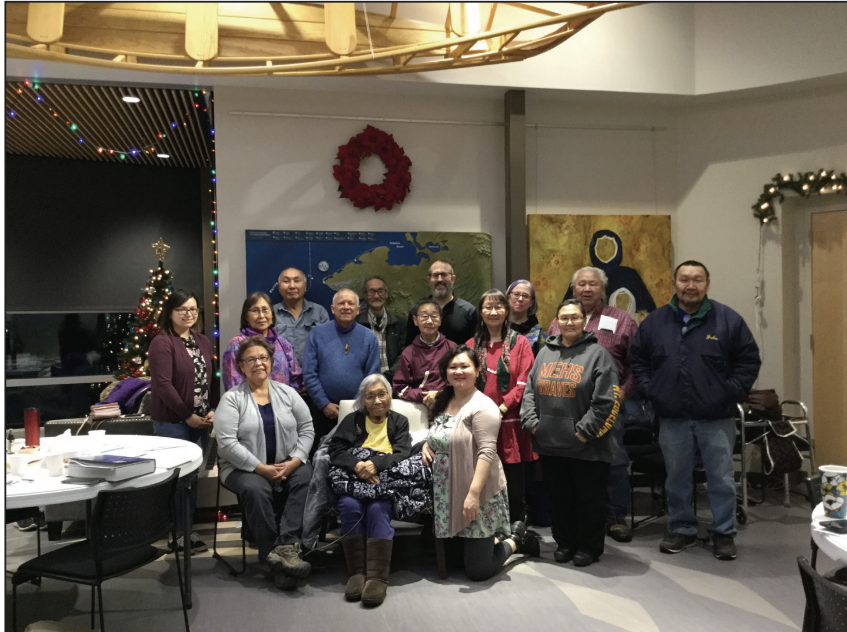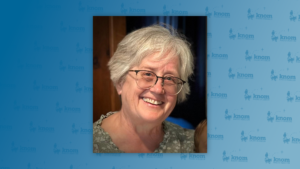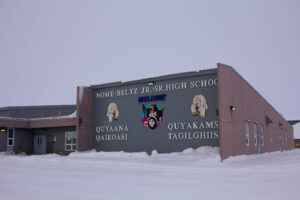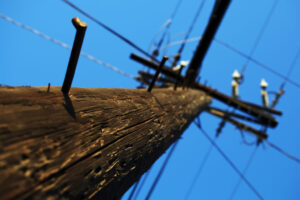Kawerak published a language glossary which provides terms in research, science and policy in English, Inupiaq, St. Lawrence Island Yupik, and Yup’ik. The glossary is part of Kawerak’s ‘Knowledge Sovereignty and the Indigenization of Knowledge.’
The Indigenization of Knowledge informs the community about tribal and traditional knowledge.
Kawerak Social Science Program Director Julie Raymond-Yakoubian emphasized the relevance of indigenous knowledge today and wants to make sure that Indigenous voices are heard.
“What knowledge sovereignty and the indigenization of knowledge means is really bringing to the forefront tribal knowledge. It’s important, it’s value[d], and ensuring it is used in all the appropriate contexts where it can be used –which is basically everywhere! And making sure that indigenous voices are being heard and taking a lead in matters that impact indigenous people,” Raymond-Yakoubian said.
The language glossary is “one small step” in the work of indigenization of knowledge, Raymond-Yakoubian stated. With a glossary available, researchers can better collaborate with native knowledge and culture.
The glossary provides definitions of terms in modern areas of research, sciences, policies and resource management. The glossary sheds light on valuable indigenous knowledge.
“These things are often overlooked when it comes to research for example — that indigenous knowledge, traditional knowledge, indigenous languages are often not forefronted. So Kawerak staff wanted to take an opportunity that we had to bring language experts together to put down on paper a lot of the terms and phrases that are relevant for the work that Kawerak staff and others are doing,” Raymond-Yakoubian said.
There are many ways to move forward to continue the process of indigenization of knowledge Raymond-Yakoubian said. Continuing to expand on the glossary to include more dialects and terms is one step. Kawerak is also currently working on a toolkit to help provide guidance for communities on how to engage more with the research community.
Raymond-Yakoubian expressed gratitude to the contributors for making the publication of the glossary possible. Especially, she thanks the language experts who contributed their knowledge.
“They are the ones who contributed their time and their knowledge and their language expertise to this work,” Raymond-Yakoubian said.
Kawerak hopes for their work with indigenization of knowledge to be something other organizations partake in and keep in mind when completing other projects.
Image at top: The language experts gather together for a group photo. Photo Credit to Kawerak Social Science Program.





